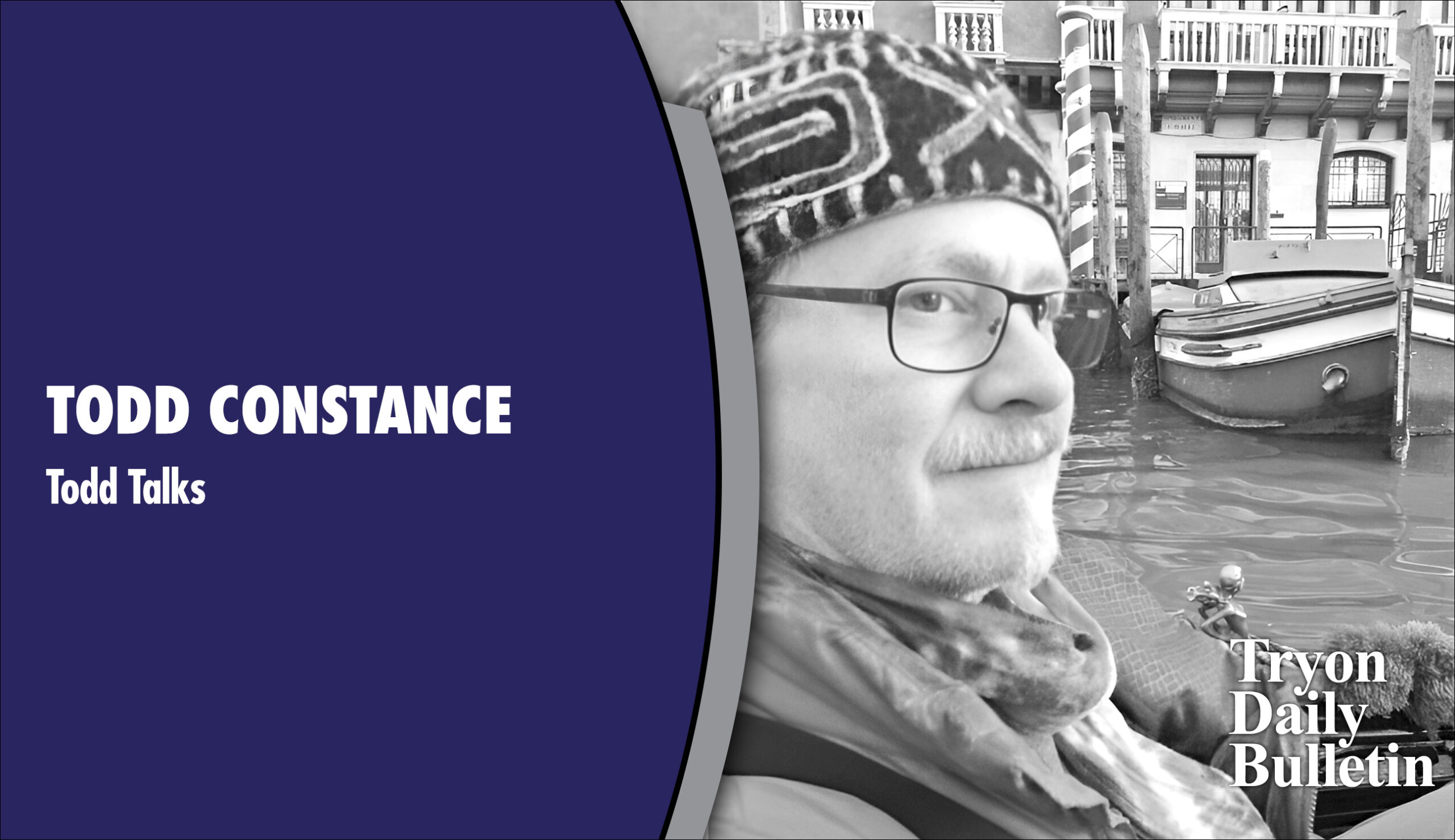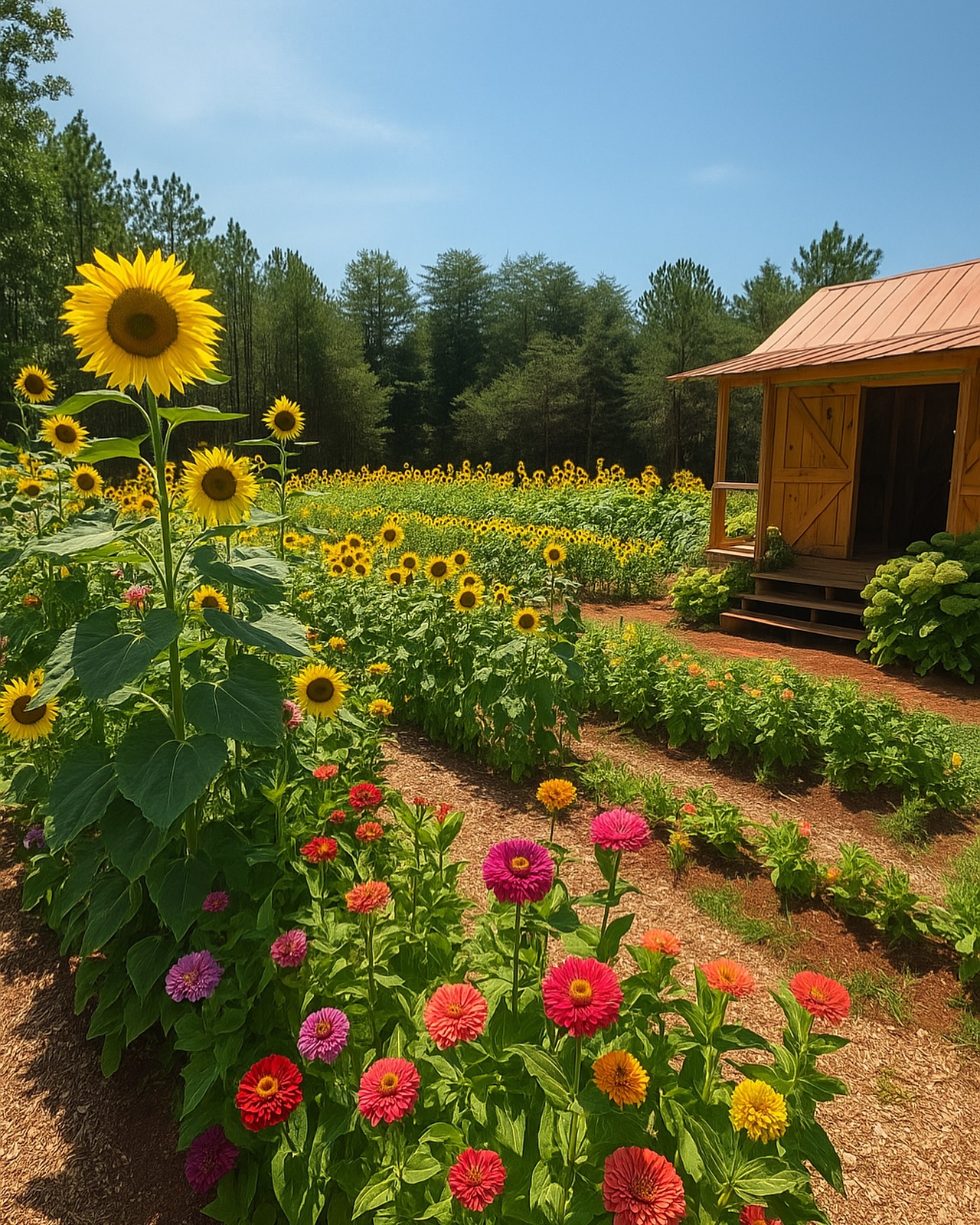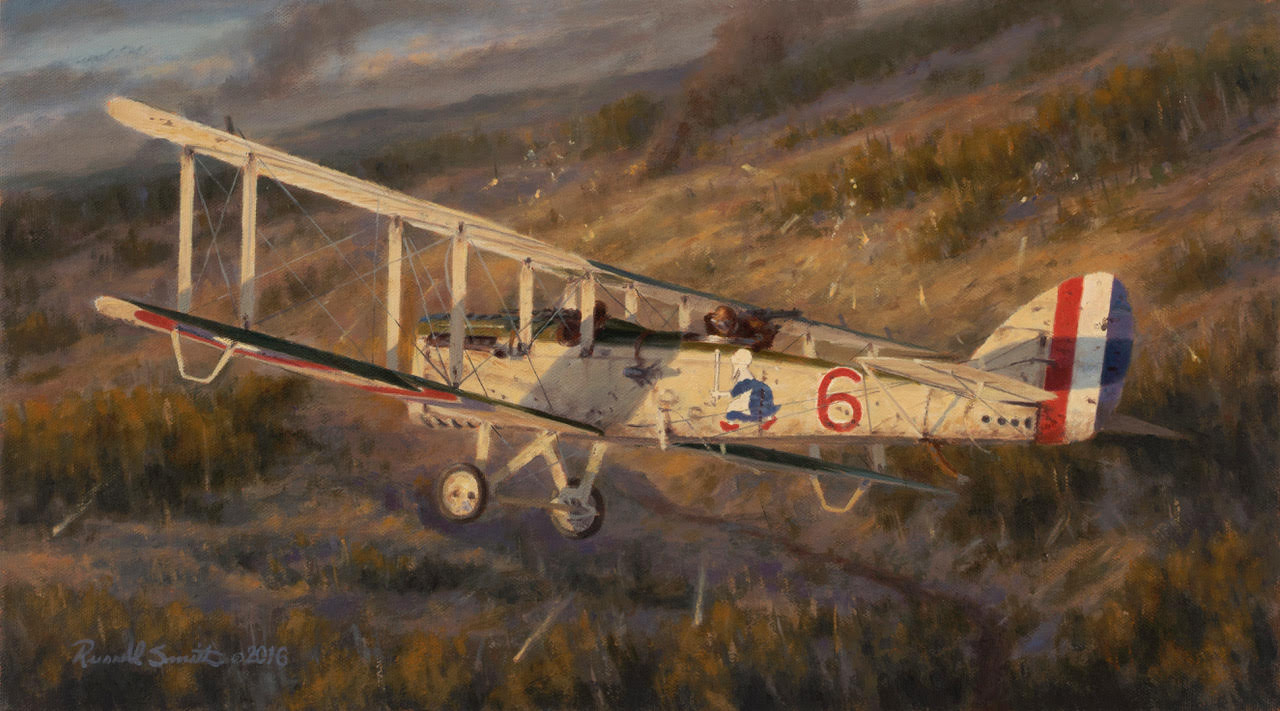We live in a disposable world
Published 10:28 pm Wednesday, May 27, 2015
Thanks to the generous support of the Polk County Community Foundation, Saluda Community Land Trust (SCLT) was able to buy a 20-acre parcel of land right at the edge of the Saluda City limits. The property, owned by the Moody family since 1917, was in foreclosure; it had been 10+ years since anyone had done anything with the property (which includes two old houses and numerous outbuildings), including paying the property taxes. Now SCLT volunteers are tackling ways to restore one of the old houses (the other is beyond repair) in hopes that one day it will be an educational site for children to see what a small Saluda homestead really was like in the 1920’s, with an outhouse, gas lights, wood heat, and water from the spring.
Acquisition of the Moody property has been a very enlightening experience. It was sold as two parcels. One was done through a foreclosure, and the second parcel was purchased with the help of the grandson of the original owner. The foreclosure sale was an uncomfortable bidding war. The second transaction brought members of the community together, and all were pleased with the result.
When I mentioned to a friend that SCLT now owns the Moody property and is hoping to restore and preserve it, she told me that she spent many afternoons sitting on the front porch of that home as a child. Those were happy memories for her, from a time when Sunday afternoons after church were spent with friends and family. A month or so later she called and offered to give SCLT furniture dating from that same time period, furniture being removed from another old home near Saluda destined to be torn down. Thanks to her gift, another part of Saluda’s heritage will be preserved at the Moody home place. It would have been so much easier to simply put it all in the dumpster and haul it to the dump.
Trending
But there is something inside of me that finds the easiest thing to be disrespectful to those who came before us. We think that we are so smart now, but there is much that our predecessors knew that has been lost. Going through the old house I came across so many handmade things, with lovely handmade lace and embroidery that took hours and hours to create. I’m a weaver, so I know how long it takes to make things. Yet no one wants hand sewn clothes or hand-woven things anymore; it is easier and quicker to throw away the old ones and buy new things at Walmart.
People of the past were as much a part of the landscape as the land itself. Because of those who came before, who did not “use up and throw away,” we are able to live in one of the most beautiful places on earth. For us to conserve land without honoring those who came before us would be truly ungrateful. People and land are intricately connected. How we live and work together, treating the land and its people with respect and dignity, will determine whether or not any of us survive.
I will say that these past few months have taught me just how wonderful it is when people work together. All of us love the land, and our heritage. The world we live in today was created by the ordinary people who took time to grow their vegetables, milk the cow, sew their children’s clothes, and sit in the rocking chair on the front porch on Sunday afternoons. I have a few small things from those old houses no longer standing. When I make our bed each morning I think of Ella Jeeter, who lived and worked as a servant in Saluda all her life. I hope she does not mind that I pulled one of her handmade quilts out the trash heap just before her house was torn down, now gone and replaced with a new mobile home. Cousin B’s crocheted square is on the bedside table. I never knew either one of those ladies, but I think of them often, and thank them.





